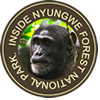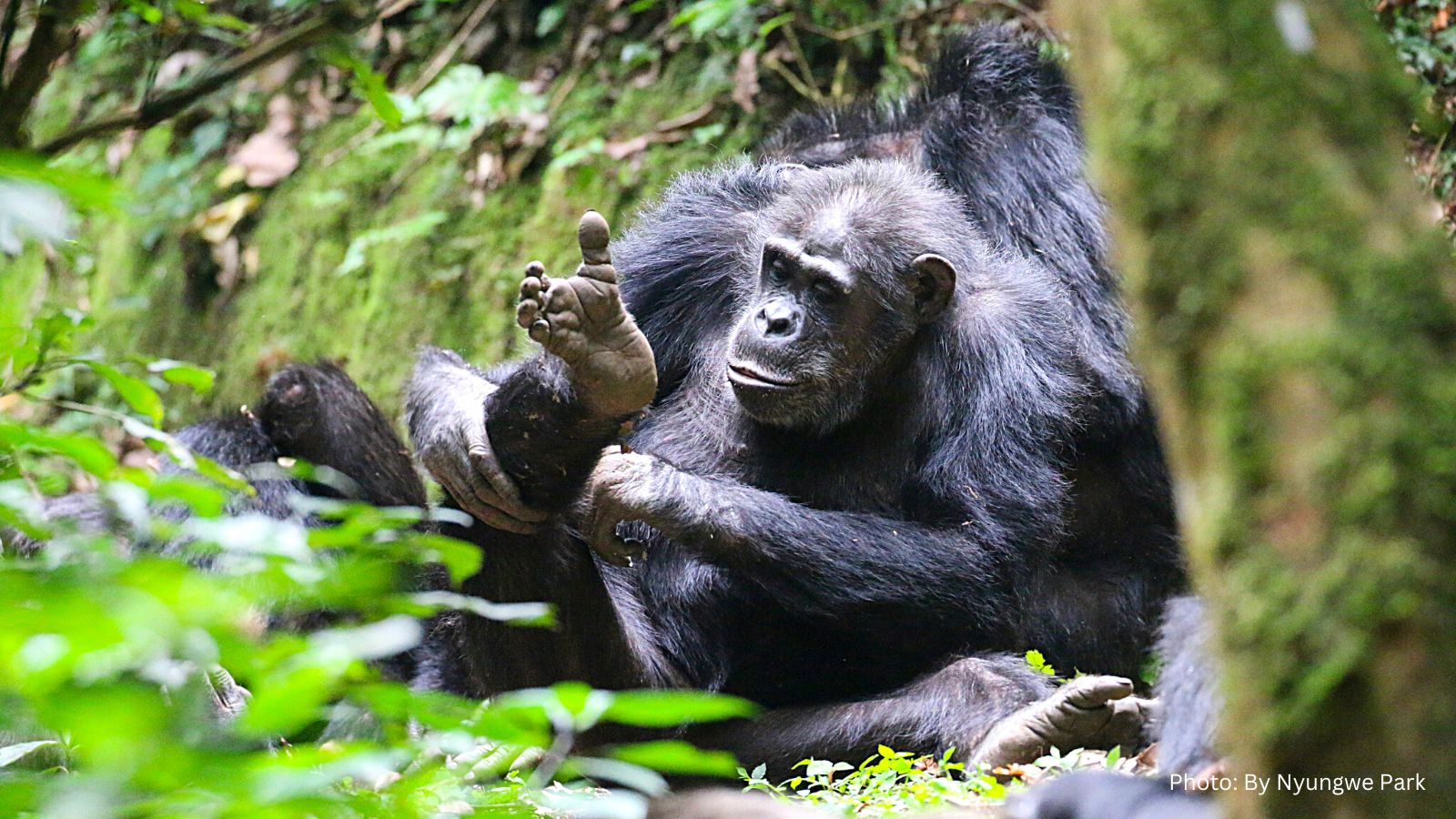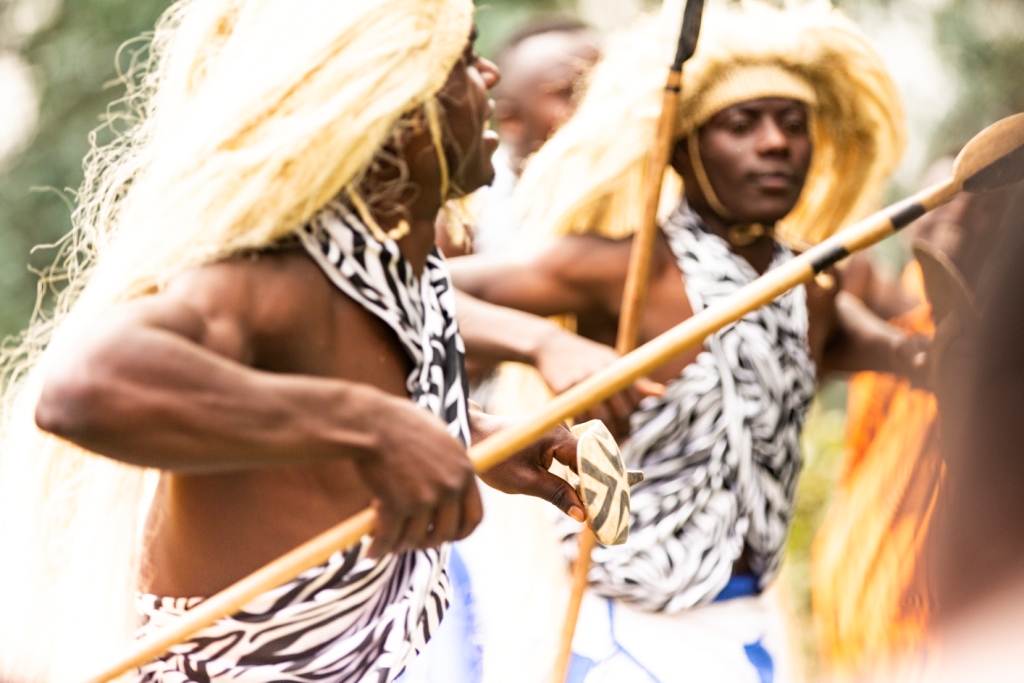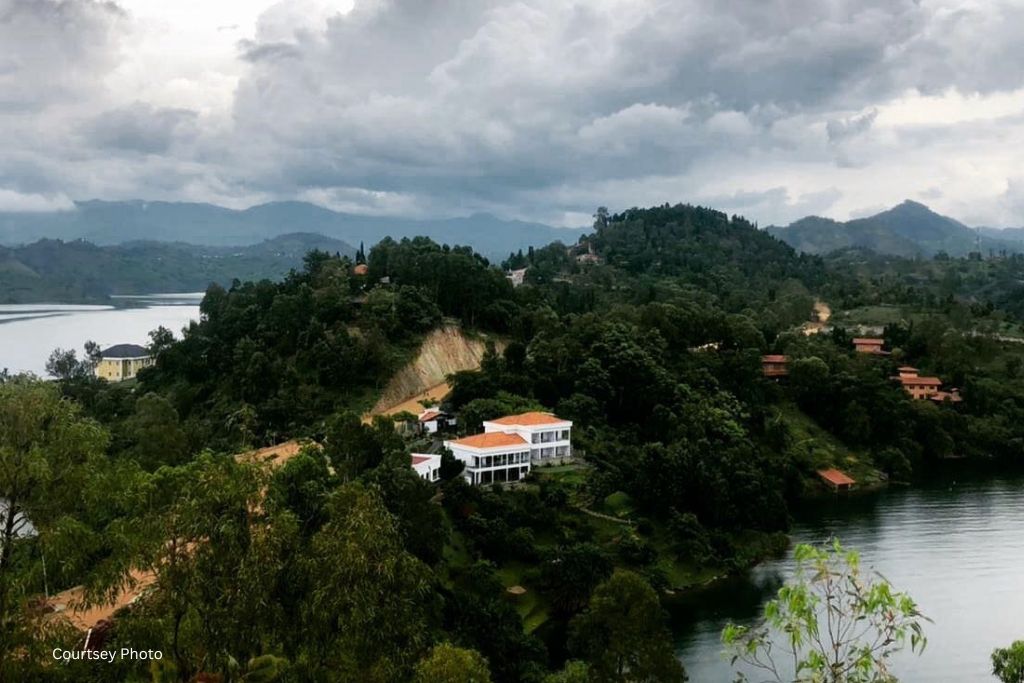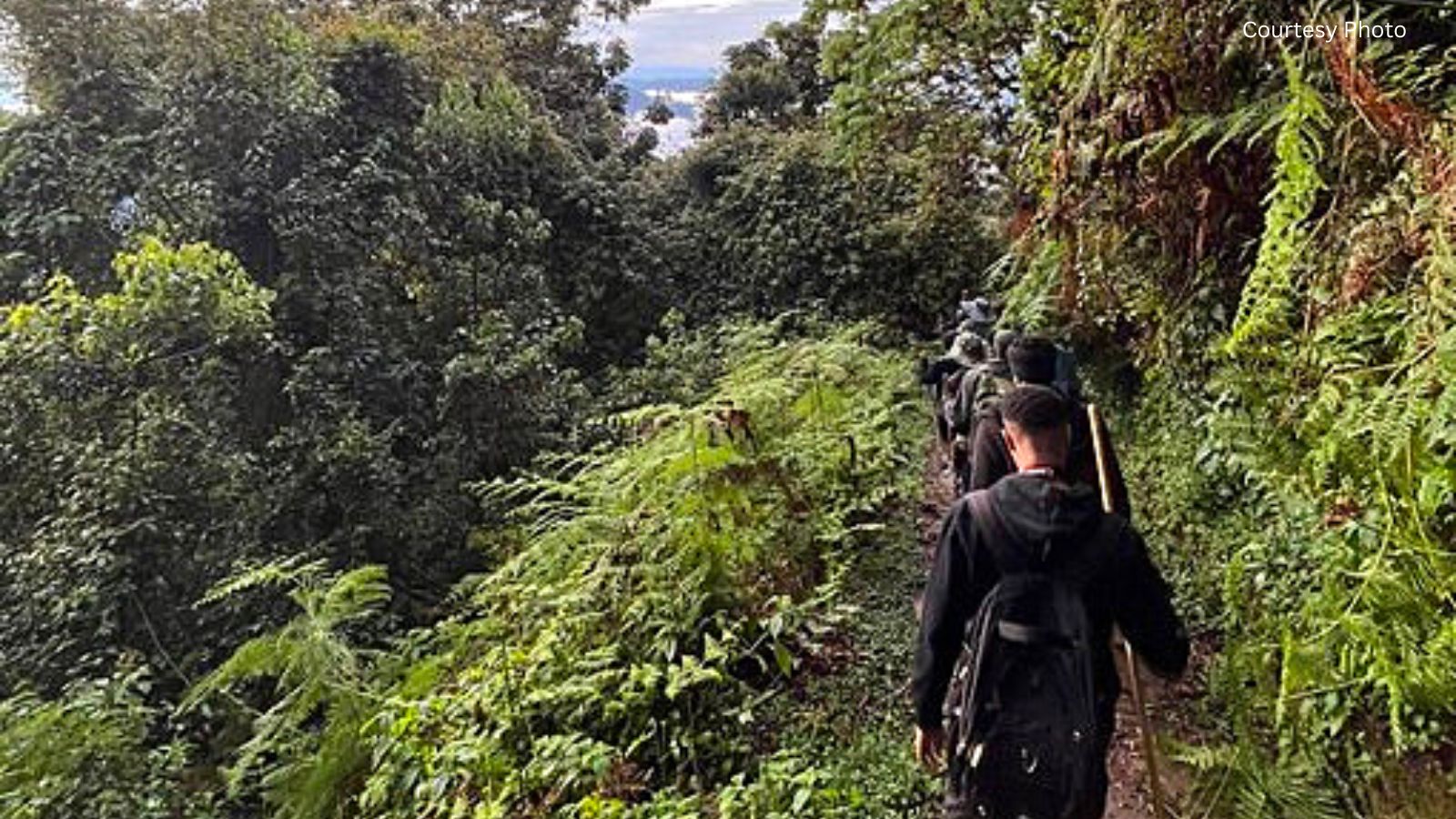
Karamba Trail
The Karamba trail starts between the Gisakura and Uwinka Visitor centers, the Karamba Trail is one of the unmissable Bird watching Trails. This short and relatively flat 4-kilometer Trail usually takes only 3 hours to complete a round trip. Interestingly, it is the pioneer Trail within this National Park and is perfect for bird watching, especially if you are interested in forest species. Book Now
The Karamba Trail can be categorized as an easy-moderate Trail because it lies in an area between 1935 meters at its lowest and 2030 meters above sea level at its highest. Surprisingly, it goes through an area where gold mining was done before becoming a quarry for road construction material and finally an Army Camp, and is one of the least muddy Trails in this Park.
Some of the interesting attractions to look out for during the Karamba Trail hike are Orchids, giant tree ferns as well as a number of primate species (especially the Dent’s monkeys that are surprisingly very difficult to see). While the Trail is open to the sky due to the substantial human influence in the past, interruptions are now kept to the minimum. The open habitats, young trees of secondary vegetation as well as the forest margin are excellent habitats for lots of birds.
How the Karamba Trail hike is done
The starting point of the Karamba Trail is the Army Camp, followed by a brief climb to a stunning hill providing breathtaking views and an abandoned road. The first few hundred meters of Karamba Trail are within the very early stages of forest regeneration.
This rugged/stony Hiking Trail is comprised of sparkly quartz which provides a beautiful change from the muddy and slippery Trails elsewhere in Nyungwe Forest National Park, although it doesn’t drain well and normally becomes a mini-stream during the wet season. Just 500 meters into the hike, in the midst of the environmental disturbance, a large and deep hole in the ground will be found and this looks so much like a well-kept terrarium with an amazing detached view of all the layers of a typical verdant rainforest (that include the low herbaceous ground cover, ferns, shrubs, saplings, and fully-grown trees) and you will be amazed by the variety of leaf shapes, color, and texture.
Just a few minutes, the trail goes through an inactive quarry that still has thin and stony soil being beautified by white-flowered orchids (that belong to the satyrium genus). On close observation of these flowers, you will see their little white horns (that are typical of this genus). Karamba Trail then goes through a tinny colony of stunning giant tree ferns that are surprisingly usually spotted in moist rainforest Valleys. You will also learn from the guide about the traditional importance of giant tree ferns fronds. Many birds are spotted in the verdant rainforest edges and second-growth forests. Having walked for 1.9 kilometers, you will see a sign that reads “point de Vue” meaning “point of view”. Before continuing, move a few meters to the rocky outcrop on the left, and behind it, you will experience a drop in temperature to the stunning rainforest. Heading back to the viewpoint sign, the Trail ascends a few short turns through a tinny patch of forest to the peak. Enjoy views down the trail, and feel free to relax and have your snack or picnic lunch. You will see blue monkeys, Turacos, the yellow-eyed Black flycatcher, Mountain-masked Apalis, and many others.
Besides snacks, you will need to carry enough drinking water, a pair of binoculars, a camera, a hat, a rain jacket, and a backpack, and wear hiking boots, insect repellants, and long pants.
Other hiking trails in Nyungwe are Bigugu, Uwinka, Isumo waterfall trail, Ngabwe Trail, Kamiranzovu marsh trail, Muzimu Trail, Irebero Trail, Umugote Trail, Umuyove Trail, the Congo-Nile Divide, Rukuzi Trail, and many others.
We have professional local guides, who are ready to curate extraordinary experiences for you while on your Rwanda safari with invaluable local knowledge and insight about this remarkable country.
